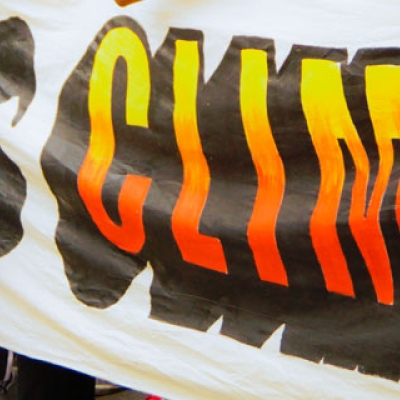
Are Your Kids Destroying the Earth?
By Chuck Savitt / On September 17th, 2009
Many families who dutifully recycle, take mass transit, and have a house full of compact fluorescent light bulbs, would say they're doing their part to save the earth. However, a new study from the London School of Economics suggests that in developed countries, making the decision to have children dramatically increases your negative impact on the environment.

